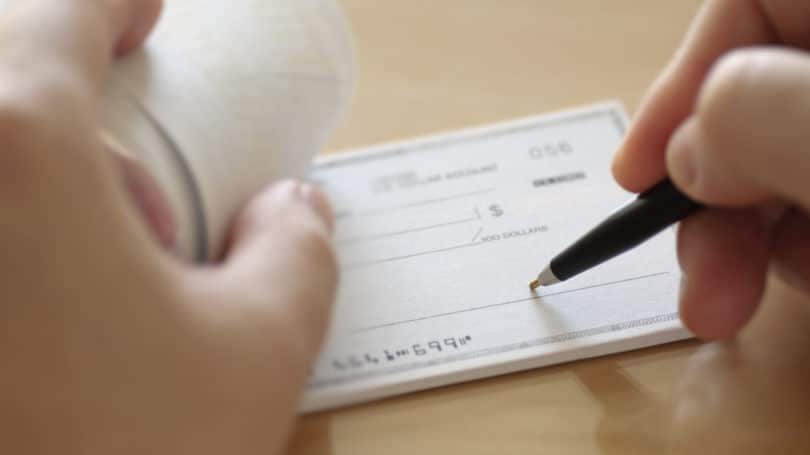Introduction:
When it comes to receiving payment, employees have traditionally been given the option of receiving their wages through either direct deposit or paper checks. Both methods have their advantages and disadvantages, and it's essential to understand the pros and cons of each to make an informed decision. In this article, we will explore the benefits and drawbacks of direct deposit and paper checks to help you determine which method is best suited for your needs.
Direct Deposit:
Direct deposit is a payment method that electronically transfers funds directly into an employee's bank account. It has become increasingly popular in recent years due to its numerous advantages. Let's take a closer look at the pros and cons of direct deposit.
Pros of Direct Deposit
1. Convenience: Direct deposit offers unparalleled convenience. Employees no longer need to make a trip to the bank to deposit their checks manually. Funds are automatically deposited into their bank accounts on payday, saving time and effort.
2. Instant Access: With direct deposit, employees gain immediate access to their funds. There's no need to wait for checks to clear or worry about lost or stolen checks. The money is available for use as soon as it's deposited.
3. Security: Direct deposit is a secure method of payment. The risk of checks getting lost or stolen is eliminated, reducing the chances of fraud or identity theft. Additionally, electronic transfers leave a clear digital trail, providing a higher level of accountability.
4. Cost-Effective: Direct deposit saves money for both employers and employees. Employers can reduce costs associated with printing and distributing paper checks, while employees avoid fees associated with check cashing services.
Cons of Direct Deposit
1. Lack of Physical Record: One of the downsides of direct deposit is the absence of a physical paycheck. Some individuals prefer having a tangible record of their earnings. However, most employers provide electronic pay stubs, which can be printed for reference if necessary.
2. Dependency on Banking System: Direct deposit relies on the banking system to function smoothly. In the event of a banking error or technical glitch, there may be delays or issues with accessing funds. It's crucial to maintain open communication with your employer and bank to address any potential problems promptly.
H1: Paper Checks: Traditional Payment Method
While direct deposit has gained popularity, paper checks still remain in use. Let's examine the advantages and disadvantages of receiving payment through paper checks.
Pros of Paper Checks
1. Tangible Record: Paper checks provide a physical record of payment, allowing individuals to easily track their earnings. Some people find comfort in having a tangible paycheck they can hold and review.
2. Flexibility: Paper checks offer flexibility in terms of cashing options. Employees can choose where they want to cash their checks, including banks, check cashing services, or retail stores. This can be beneficial for those without bank accounts.
Cons of Paper Checks
1. Inconvenience: Cashing a paper check requires a trip to the bank or check cashing service. This can be time-consuming and inconvenient, especially for individuals with busy schedules.
2. Delayed Access: With paper checks, there can be a delay in accessing funds. Checks need to be physically deposited and go through the clearing process, which can take time. This can be problematic if immediate access to funds is required.
3. Security Risks: Paper checks pose security risks, as they can be lost, stolen, or tampered with. This puts individuals at a higher risk of fraud or identity theft.
4. Costs: Cashing paper checks often incurs fees, especially for individuals without bank accounts. Over time, these fees can add
up and become a financial burden.
Conclusion:
Both direct deposit and paper checks have their own set of advantages and disadvantages. Direct deposit offers convenience, instant access, security, and cost-effectiveness. On the other hand, paper checks provide a tangible record and flexibility in cashing options. When deciding between the two, consider factors such as your personal preferences, accessibility to banking services, and the level of security you desire.
Ultimately, it's important to choose a payment method that aligns with your needs and offers the most convenience and security. Many employees find direct deposit to be the preferred option due to its efficiency and ease of use. However, if you value the physical record or require more flexibility in cashing your checks, paper checks may still be a viable choice.


No comments yet